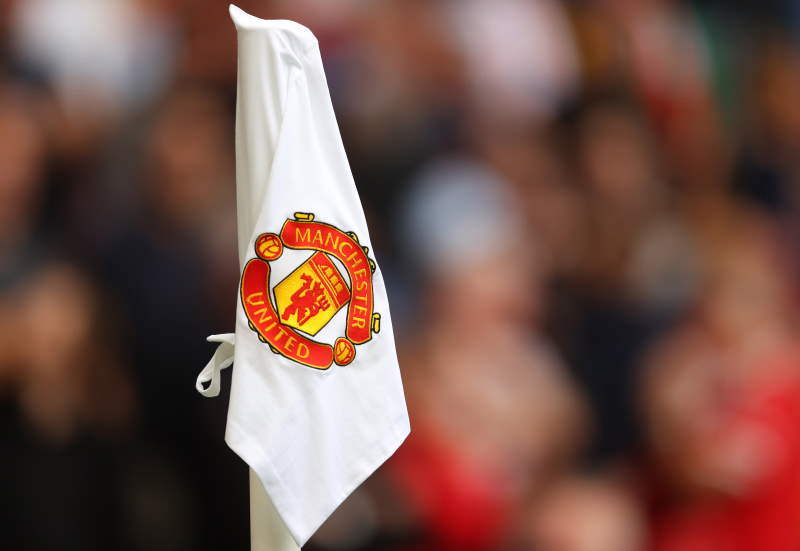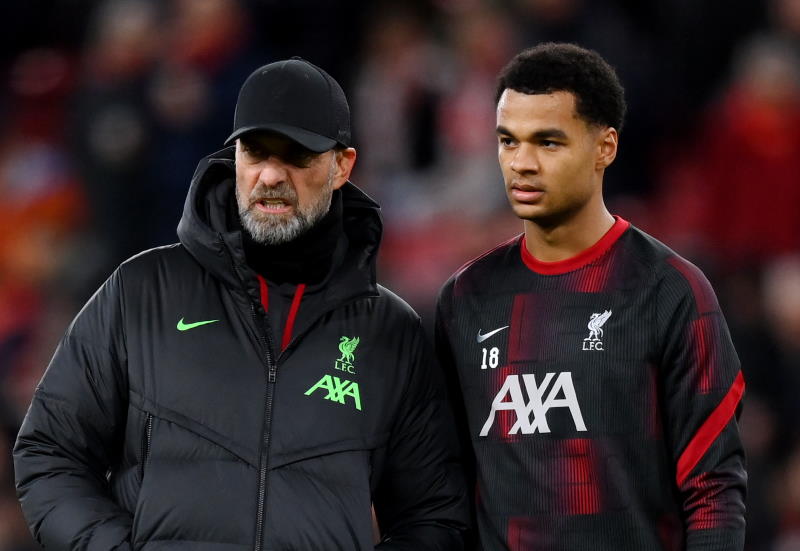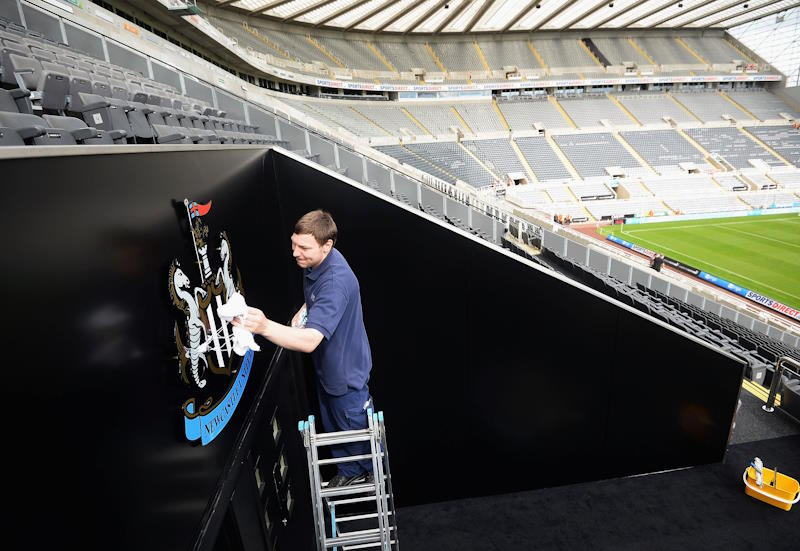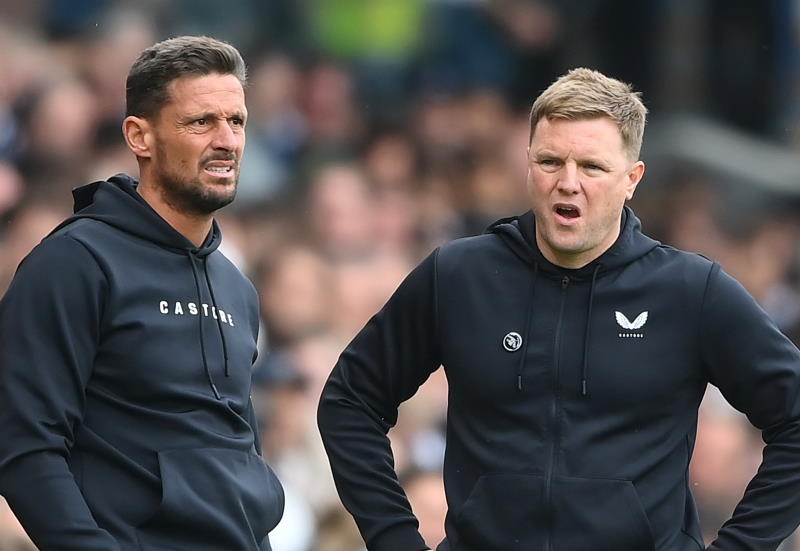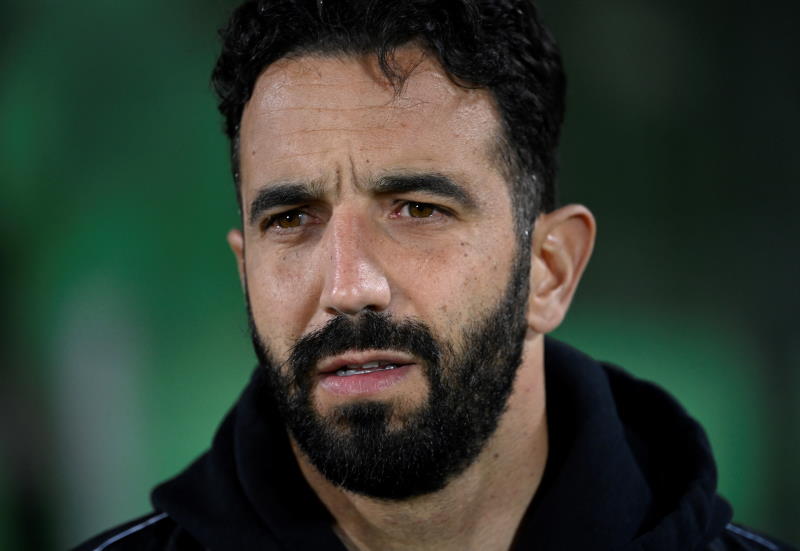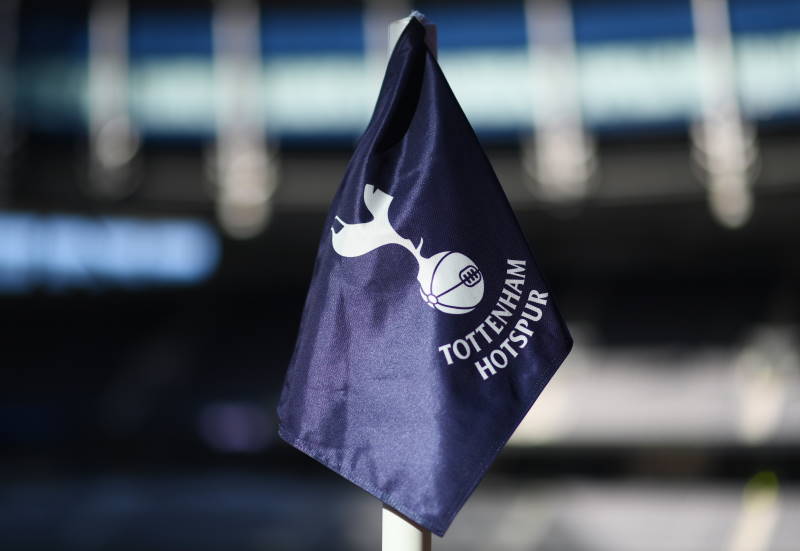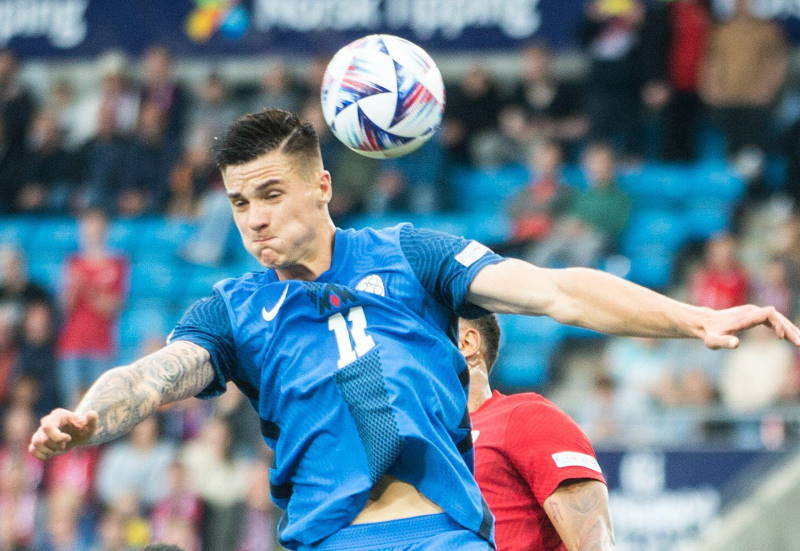
With the start of the MLS season in March came that same familiar sense of unfamiliar faces. Eight of the eighteen teams playing in the MLS have entered the league since 2005. Even with Montreal Impact scheduled to join next year, the rapidly expanding league added two more teams for the start of 2011: Portland Timbers and Vancouver Whitecaps FC.
Portland and Vancouver both play on the West Coast of North America, very near to Seattle whose team, Sounders FC, has been immensely successful both on and off the pitch. Certainly the addition of two teams on the coast is a move to see if interest in football, or more accurately in the MLS, soccer, in that region is legitimate enough to sustain a top flight team.
Portland and Vancouver both “graduated” to the MLS from the lower tiers of professional football in North America. Their promotions are based on their capability to survive in a fast-paced league where the financial stakes are higher, and their ability to stand out in a continent dominated by other professional sports.
As the second Canadian team, Vancouver is the second litmus test for the Great White North. Toronto FC, located nearly on the other side of the vast country, are popular, but have never reached the MLS playoffs in their four years of existence. Vancouver have shared in the same popularity, as 5,000 season tickets were claimed within two days of being made available.
The Whitecaps’ season started with a match against Toronto FC, the first MLS game ever played between two Canadian sides, in which the new team on the block won 4-2. But success was short-lived: after eight games this has been their only win of the season and Vancouver sit second bottom in the Western Conference at the time of writing.
Vancouver Whitecaps FC are managed by Icelandic former player Teitur Thordarson, whose greatest success on the pitch as a footballer came with Ligue 1 side Lens where he finished fourth top scorer in the 1981/82 season. Thordarson has been coaching since 1987, overseeing sides from Sweden, Norway, Estonia and Iceland before signing a two-year contract with Vancouver in 2007. Less than a year later, the Whitecaps were champions of the United Soccer Leagues First Division, a now disbanded league that acted as a second tier in the North American game. Thordarson was retained as manager for the rise to the MLS, but time will tell whether he can manage an expansion team and be competitive with the other established sides in the league.
Headlining the players that Thordarson must use to bring Vancouver to prominence is team captain Jay DeMerit, a centre-back and member of the United States national team. DeMerit had the distinction of being the first player signed by the expansion team, joining the squad after his contract with English second tier side Watford ended. The defender recently started in all four of the USA’s matches in the 2010 World Cup. Another performer of note is Eric Hassli, the team’s French striker. Hassli spent his ten-year playing career in Switzerland and France before signing with Vancouver Whitecaps as the team’s first designated player. As a designated player, Hassli is compensated well for his footballing abilities, but with the extra money comes extra expectation from the young squad.
The Whitecaps are currently sharing a stadium with a team from the Canadian Football League, but are looking forward to moving into BC Place Stadium, a venue notable for playing host to the Opening Ceremonies in the 2010 Vancouver Winter Olympics and which can provide seating for 20,000 fans.
Only time will tell if enthusiasm for the team will translate into success on the pitch. But surely, so long as football fans on the West Coast are eager to display their love of the game, the team will have a home, and the MLS will establish yet another foothold in the diverse sports landscape of North America.

